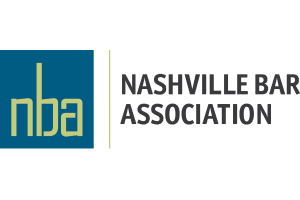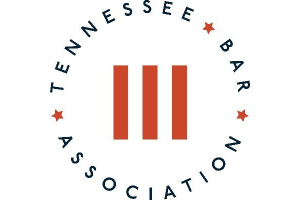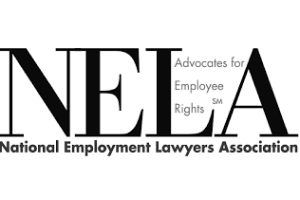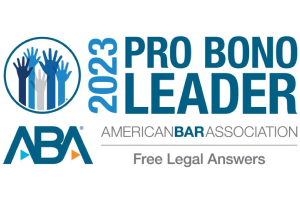for Workers
Religious Discrimination
Our Nashville employment lawyers fight for employees who have been discriminated against based on their religious beliefs or customs. If you have been treated differently by your employer based on sincerely held beliefs, you are likely the victim of unlawful religious discrimination.
Religious discrimination is prohibited under Tennessee and federal law. Claims may include discrimination, retaliation, and hostile work environment. Workers who suffer religious discrimination can seek monetary and equitable relief, including back pay, front pay, emotional distress damages, punitive damages, and reinstatement.
Common examples of religious discrimination include:
- Harassment: You are frequently called religious slurs such as “Bible beater” or “Molly Mormon” in conversations as a “joke” by your boss and coworkers. You report the misconduct but nothing is done.
- Hiring: Not being hired for a job because the manger is not comfortable working with some of your religion.
- Firing: Being laid off due to a “reorganization” but employees of different religions with the same job and less seniority are retained by the company.
- Pay: You are paid less than other employees in the same position (with similar training and experience).
The examples above are not exhaustive, numerous other examples of religious discrimination exist. Religious discrimination is prohibited by Title VII of the Civil Rights Act of 1964 (Title VII) and the Tennessee Human Rights Act (THRA).
What laws apply to your particular religious discrimination case may depend on the size of your employer. Title VII applies to employers with 15 or more employees while the THRA applies to employers with at least eight (8) employees.
In general, there are two types of religious discrimination:
- Disparate treatment: you are treated differently as an individual based on your religion.
- Disparate impact: you and other protected class members are treated differently as a class due to a facially neutral workplace policy or practice that has an unnecessary and negative effect on members of your religion.
Importantly, associational discrimination is also prohibited. So, for example, an employee who is terminated because she is married to Muslim man is protected by Title VII and the THRA. Also, the harasser and victim do not need to be of different religious; religious discrimination by an individual of the same religious is still unlawful.
Unless the plaintiff has direct evidence of discrimination (rare), she must prove four elements: (1) she was a member of a protected class; (2) she suffered an adverse employment action; (3) she was qualified for her position; and (4) she was replaced by someone outside the protected class or was treated differently than similarly-situated, non-protected employees. DiCarlo v. Potter, 358 F.3d 408, 415 (6th Cir. 2004).
If these elements are established, then the burden shifts to the employer “to articulate some legitimate, nondiscriminatory reason” for the employment decision. O’Donnell v. City of Cleveland, 838 F.3d 718, 726 (6th Cir. 2016). If the employer does so, then the plaintiff must demonstrate the reason given was pretextual. Id. at 727.
The fourth element is often the most contested. A person is “similarly situated” when the individual outside of the protected class is similar to the plaintiff in “all of the relevant aspects.” Pierce v. Commonwealth Life Ins. Co., 40 F.3d 796, 802 (6th Cir. 1994). Generally, this means you and the other individual(s) have “dealt with the same supervisor, have been subject to the same standards and have engaged in the same conduct ….” Mitchell v. Toledo Hosp., 964 F.2d 577, 583 (6th Cir. 1992). However, these factors are not exhaustive and the relevancy of a particular factor can vary depending on the specific facts of your case.
How Much Is a Tennessee Discrimination Case Worth?
Employees who suffer religious discrimination can seek monetary and equitable relief, including back pay, front pay, emotional distress damages, punitive damages, and reinstatement. The value of a given workplace discrimination case varies significantly based on many factors, including the legal claims available, the severity of the discrimination, how much money you have lost in earnings and benefits, the type and quality of evidence, whether or not you reported the discrimination, and if the harasser or company has discriminated against workers in the past.
Fight Back Against Unlawful Religious Discrimination
Do you have a claim for religious discrimination? Many discrimination claims have a small window in which you can file and preserve your legal rights.
Our team of Nashville religious discrimination attorneys can help you fight back against unlawful discrimination in the workplace. Contact us today at the number above or online for a free online case review.














